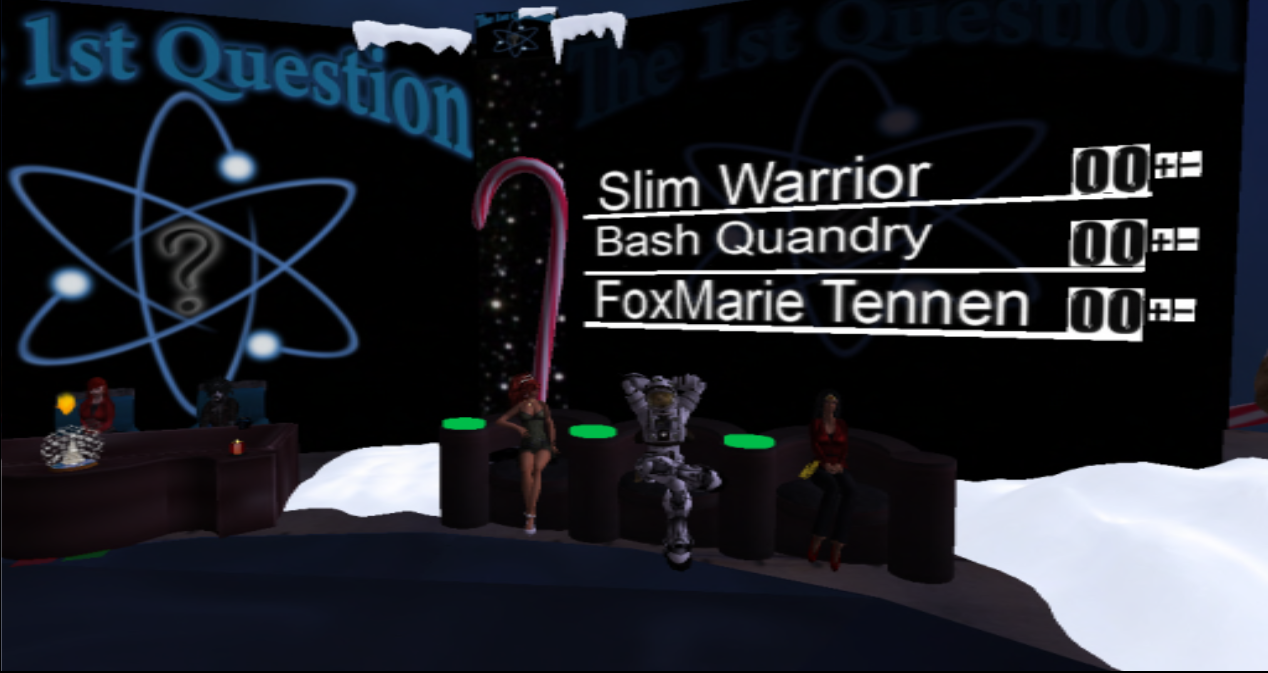I want to pass on information on something I find promising: a new interactive graphic novel which will be launched at an event in New York City. Cognito Comics’ Operation Ajax, a true-life spy graphic novel for the iPad, about the CIA and BP’s overthrow of Iran’s democracy in ‘53.
Cognito Comics is a US-based company with a stated mission to present socio-political and world issues through the engaging mediums of comics, animation, and games.
One of the panelists at the launch event is FlickerLab’s Creative Director, Harold Moss, FlickerLab is located in Copenhagen and NYC.
 Iran Hostage 30th Anniversary Event at New York Society for Ethical Culture
Iran Hostage 30th Anniversary Event at New York Society for Ethical Culture
2 West 64th Street
New York, NY 10023-7183
(I wish that I could attend the event!)
Operation Ajax uses cinematic, multi-touch and gaming techniques to teach about the roots of the Iranian Hostage Crisis, and is the singular curated source for several leaked CIA documents about Iran, its overthrow, and BP’s complicity. The Operation Ajax iPad app, created with Cognito Comics and Tall Chair, is available for download in the iTunes store.
A panel of experts and journalists will demonstrate and discuss Operation Ajax on January 18th on the occasion of the 30th Anniversary of the Iranian Hostage Crisis. It provides what they term a poignant context for re-imagining these events in the age of WikiLeaks, the iPad and Twitter.
Panel Moderator: Amy Goodman, Director, Democracy Now
Speakers: Stephen Kinzer, author, All The Shah’s Men
Dr. Hamid Dabashi, Columbia Univ. Chair in Iranian Studies
Mike deSeve, author, Operation Ajax for iPad
Harold Moss, Creative Director, Flickerlab
FlickerLab is developing what they call other ground-breaking graphic novels, games and e-books for the iPad. As these applications become ubiquitous and capture new audiences of all ages, their potential as pervasive formal and informal learning tools is notable.




Recent Comments